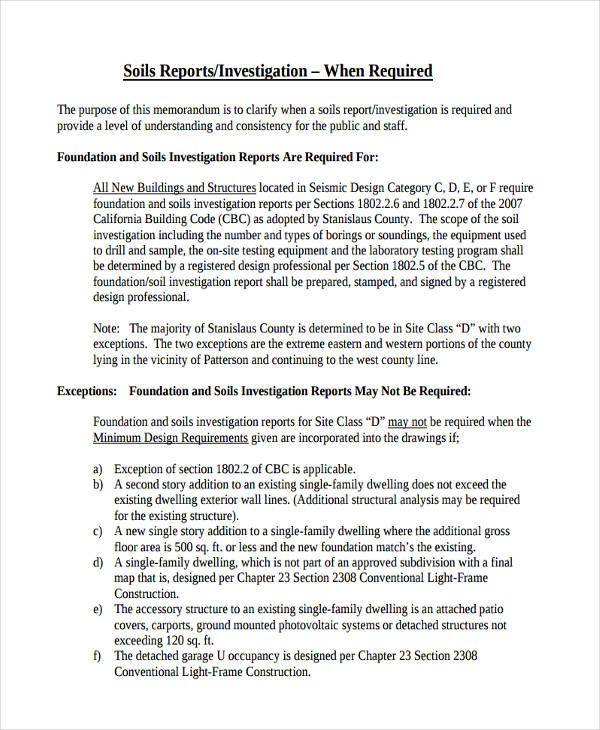

Social studies learning offers many valuable components in supporting early learners as they identify real world problems and participate in creating an inclusive and caring democratic society. Numerous examples showcase the capacity of young children to discuss, debate, and think critically to solve important problems as they interact with others to accomplish goals together (Haywoode, 2018 Ardalan, 2017 Krechevsky et al., 2016 Krechevsky, Mardell, & Reese, 2015 Mardell & Carpenter, 2012 Hall & Rudkin, 2011). Young children develop an understanding of the roles that they enact as citizens of a democratic society as they participate in activities that allow them to express their compassion, caring, and desire to help others (Project Zero, 2016). In these settings, children meet new friends, learn to get along with others, share their opinions, engage in decision making, and contribute as a member of a group. The foundation of early childhood education is built upon relationships that children develop in their homes, communities, and schools. This document complements the NCSS position statement on Powerful, Purposeful Pedagogy in Elementary School Social Studies (NCSS, 2017). NCSS recognizes the developmental continuum of social studies learning, and this statement focuses primarily on young children from age 3 through preschool/prekindergarten.

This includes a focus on the materials, resources, and interactions needed to support young children’s skills and dispositions. Given the importance of early years educators in creating learning environments and experiences that foster young children’s skills as active citizens committed to inclusion and equity, the National Council for the Social Studies (NCSS) affirms pedagogic practices in the early years that support young children’s progression of social studies learning in early childhood settings. Social studies is a vital part of the early childhood curriculum, since children’s formative experiences shape their attitudes as “citizens of their classroom, their schools, and of the larger community” (Mardell, 2011). Early childhood educators may capitalize on these interests and carefully plan a variety of experiences with social studies in mind, cultivating and extending young children’s diverse skills and abilities to form and voice opinions, identify and solve problems, negotiate roles, perceive diversity and inequality, and recognize the consequences of their decisions and behaviors on others. Approved by the NCSS Board of Directors March 2019Īs young children engage in their play and daily activities, they show a natural interest in the world around them.


 0 kommentar(er)
0 kommentar(er)
